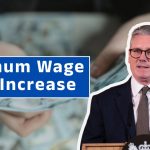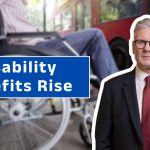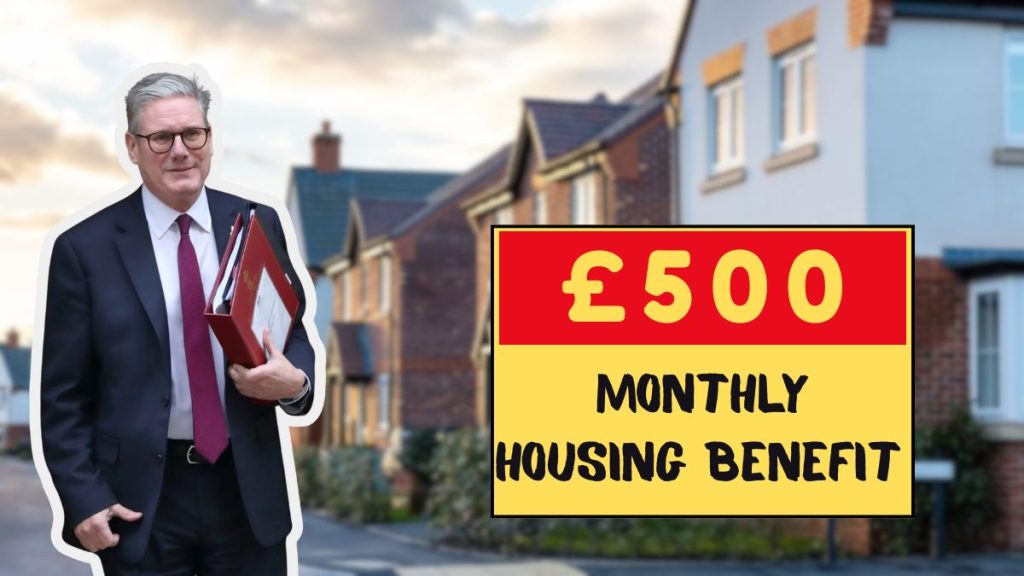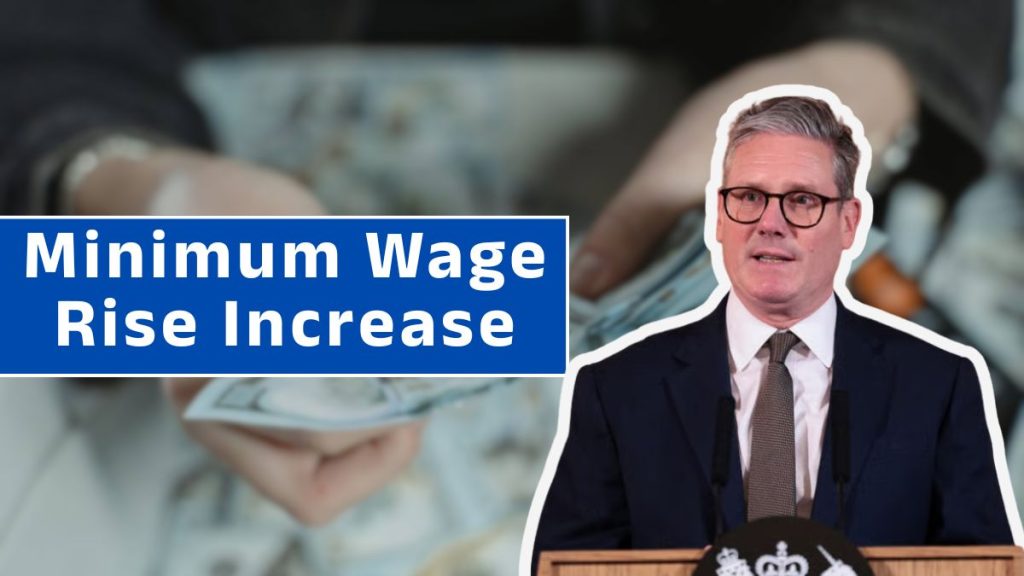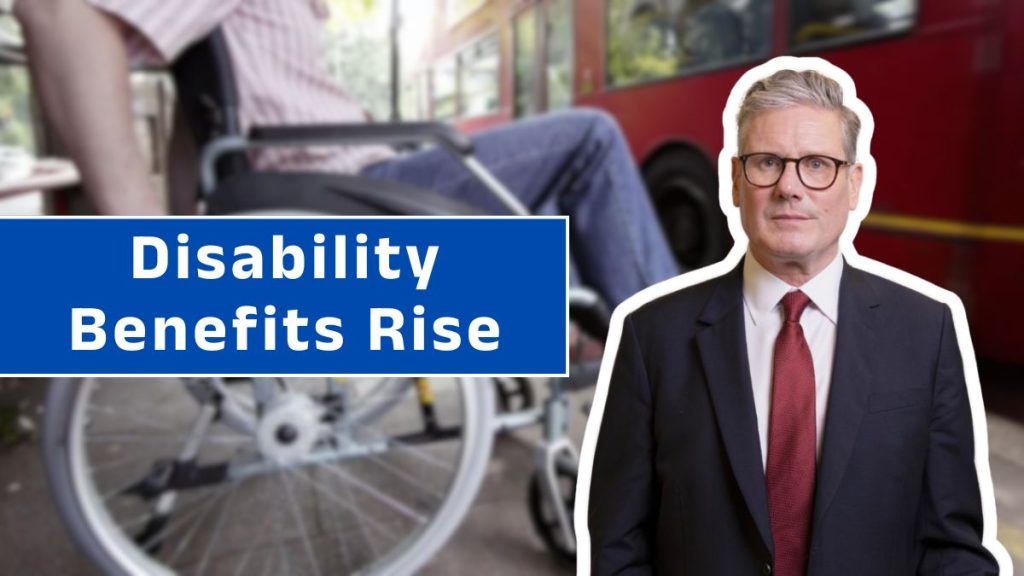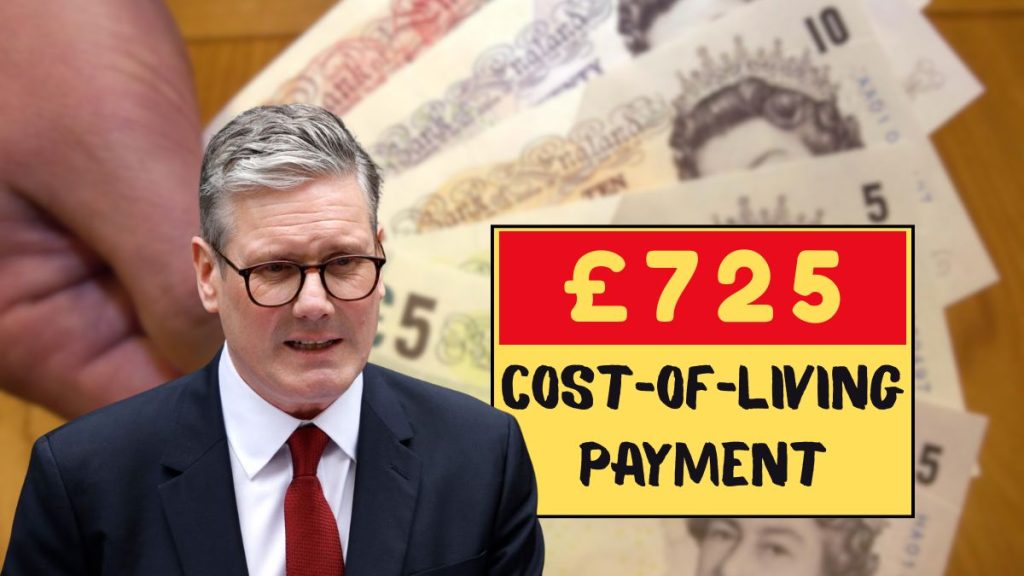The Department for Work and Pensions (DWP) has announced another round of cost-of-living support aimed at helping millions of households across the United Kingdom. This £400 cost-of-living payment, scheduled for early October 2025, is designed to offset rising expenses such as energy, food, transport and housing. For many people already struggling with inflation and higher bills, this support is an important lifeline. In this detailed guide, you will find everything you need to know about eligibility, payment dates, how to claim, and how to make the most of the support.
Understanding the £400 Cost of Living Payment

The £400 cost-of-living payment is a one-off, tax-free payment issued directly by the Department for Work and Pensions (DWP). It aims to help households manage rising living costs during challenging economic conditions.
Unlike loans or repayable grants, this payment does not need to be paid back. It is also independent of other benefits, meaning it will not affect your Universal Credit, Pension Credit, or other entitlement calculations.
This latest payment continues the government’s ongoing efforts to support low-income households after several previous rounds of cost-of-living relief in earlier years.
Why the Payment Is Scheduled for October 2025
The timing of the payment is deliberate. October marks the start of colder months in the UK, when energy bills typically rise. The DWP intends for this payment to reach families before winter heating costs increase.
By providing support in early October, the government ensures that households have extra cash flow to cover energy and food costs, helping them prepare for the most financially challenging period of the year.
Who Can Qualify for the £400 Payment
Eligibility for the £400 cost-of-living payment depends on your benefit status during a defined “qualifying period.”
Those most likely to qualify include recipients of:
- Universal Credit
- Income-based Jobseeker’s Allowance (JSA)
- Income-related Employment and Support Allowance (ESA)
- Income Support
- Pension Credit
- Working Tax Credit or Child Tax Credit
If you received one of these benefits during the qualifying period set by the DWP, you will automatically receive the payment. It is essential to keep your personal and banking details up to date with your benefit provider to avoid delays.
Pensioners and the £400 Payment
Older people are among those hardest hit by inflation and higher heating costs. Pensioners who receive Pension Credit will automatically qualify for the £400 payment.
If you are a pensioner not currently claiming Pension Credit but meet the income and eligibility criteria, you can apply before the qualifying date to ensure you receive both the benefit and the £400 payment.
Government awareness campaigns regularly urge seniors to check their eligibility, as thousands of pensioners each year miss out on Pension Credit and related support payments.
When and How You Will Receive the Payment
The DWP has confirmed that payments will begin arriving in early October 2025. However, the disbursement will take place over several weeks to manage the high volume of transactions.
You do not need to apply separately if you already receive a qualifying benefit. The payment will be made automatically to the same bank account where your benefits are deposited.
For those receiving tax credits from HMRC, payments might be processed slightly later, but the system remains automatic and no separate application is required.
What to Do If Your Payment Is Delayed
While most payments will arrive on schedule, some recipients may experience delays due to bank holidays, technical issues, or incorrect bank details.
If you have not received your payment by the end of the official payment window, take these steps:
- Check your benefit payment history in your online DWP or HMRC account.
- Confirm your banking details are correct.
- If still unresolved, contact the DWP or HMRC helplines directly.
Be cautious of scams—the DWP never contacts people by text, email, or phone asking for bank details. Only use official government channels to report issues.
How This Payment Affects Other Benefits
The £400 cost-of-living payment is not taxable and does not count as income for benefit calculations.
This means it will not reduce your:
- Universal Credit
- Housing Benefit
- Pension Credit
- Council Tax Support
It also will not affect your income tax or National Insurance. However, beneficiaries should keep records of the transaction in case it appears on financial statements or future benefit reviews.
Smart Ways to Use the £400 Payment
Financial advisers recommend using the payment strategically to make a lasting difference in your household finances. Consider allocating funds for:
- Energy bills or winter heating expenses
- Essential food and household supplies
- Debt repayments or emergency savings
- Energy-efficient items like insulation materials or LED bulbs
By planning carefully, households can stretch the £400 payment to cover critical costs during the high-expense winter months.
Beware of Scams and Fraudulent Messages
Whenever the government rolls out financial aid, scammers attempt to exploit it. Common scams include texts, emails, or social media messages asking recipients to “confirm details” or “apply for the payment.”
These are fraudulent. The DWP will never ask for personal details or payment information by text or email.
If you receive such a message, delete it immediately and report it to Action Fraud or your local police authority. Always verify updates through official DWP or GOV.UK sources.
Additional Support You May Be Eligible For
The £400 payment is part of a wider package of cost-of-living support available across the UK. Depending on your circumstances, you may also qualify for:
- Warm Home Discount (energy bill support)
- Cold Weather Payments (triggered during prolonged low temperatures)
- Winter Fuel Payments (for pension-age households)
- Local Council Hardship Funds
By checking eligibility for these schemes, families can access extra help worth hundreds of pounds in addition to the £400 payment.
How to Check Your Eligibility and Status
If you are unsure whether you qualify, log into your Universal Credit or HMRC online account. For pensioners, contact the Pension Credit helpline or use the online calculator available on gov.uk.
Make sure your address, contact number, and bank details are correct. Errors in your information could delay or prevent payment.
If you are newly eligible for a qualifying benefit, submit your claim before the DWP’s qualifying deadline to ensure you don’t miss the October payment window.
Planning for Future Cost of Living Support
The DWP may issue further cost-of-living payments depending on inflation rates and economic conditions.
To stay informed:
- Subscribe to official government newsletters or alerts.
- Regularly check the DWP cost of living hub on GOV.UK.
- Avoid relying on social media rumours or unverified sources.
Staying proactive ensures that you never miss out on future financial assistance opportunities.
Key Takeaways for UK Households
- The £400 cost-of-living payment will begin distribution in early October 2025.
- It is automatic, tax-free, and does not affect other benefits.
- Eligibility is based on receiving qualifying benefits such as Universal Credit or Pension Credit.
- No application is required—payments are deposited automatically.
- Recipients should stay alert to scams and use official DWP channels for any updates.
This initiative reaffirms the government’s commitment to supporting vulnerable households during ongoing economic pressures, ensuring millions of families across the UK can better manage their living costs this winter.
FAQs on the £400 DWP Cost of Living Payment 2025
Q1. When will the £400 cost-of-living payment be made?
Payments will begin in early October 2025, with distribution continuing over several weeks.
Q2. Who qualifies for the £400 payment?
Those receiving Universal Credit, Income-based JSA, Income-related ESA, Income Support, Pension Credit, or certain Tax Credits are eligible.
Q3. Do I need to apply to receive the £400 payment?
No. The payment will be automatically deposited into the same bank account used for your benefit payments.
Q4. Will this affect my other benefits or taxes?
No. The payment is tax-free and does not reduce any of your existing benefits.
Q5. What should I do if I haven’t received the payment?
Check your online benefit account for updates and verify your bank details. If still unresolved, contact the DWP or HMRC helpline directly using official contact information.


